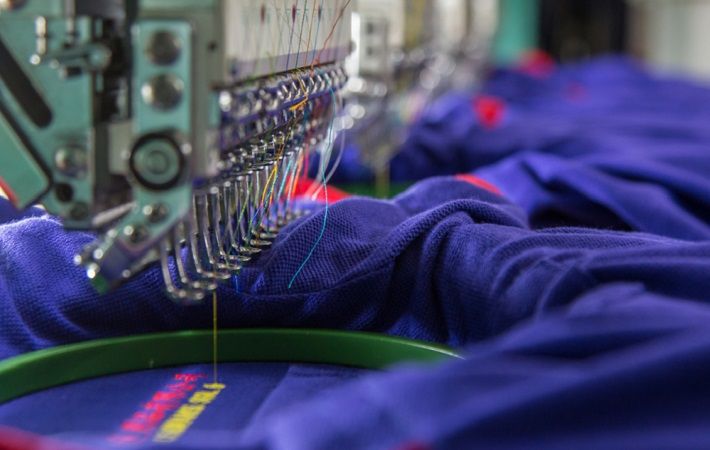Two unions to withdraw from Bangladesh's RMG Sustainability Council

The RSC was created through an agreement between the Accord and the Bangladeshi garment industry through which the RSC agreed to assume all Accord staff, operations, and protocols with the new entity being governed by Accord brands, unions and the industry. It had taken over the Accord’s operations on June 1, 2020.
“The global unions cannot accept replacing the extremely effective Accord model with an alternative proposal from brands derived from the failed approaches of the decades prior to the Rana Plaza industrial homicide,” the unions said in a joint press release.
In recent months, global apparel brands have insisted upon a new framework for the future which discards the key elements that have led to the Accord’s success in making garment factories in Bangladesh safe for workers, for example individual brand accountability and independent monitoring of the brands. The brands’ empty promises to renew the Accord and derogatory counter proposals have led to a critical point in Bangladesh garment factory safety and risk the lives of millions of garment workers in Bangladesh, the release added.
“The Accord and the independent secretariat empowered to report on brand performance, and more recently through the cooperation agreement with the RSC, have successfully prevented the loss of lives during the last eight years. The brands’ proposal of self-monitoring is a dangerous step backwards and undermines the credibility of the programme. It will have immediate consequences for the safety of millions of workers in the brands’ supply chains,” said IndustriALL Global Union general secretary Valter Sanches.
“Instead of bargaining over the next phase of our joint safety work in Bangladesh, the brands have pursued an ‘Accord Exit’ strategy designed to write away any meaningful role for unions in the future. We can’t be a rubber stamp for an industry-brand partnership without real accountability and robust oversight. This is a time when we should be moving forward and building on progress, not going in reverse,” said UNI Global Union general secretary Christy Hoffman.
The Accord model has been widely cited as unparalleled in its success and in its consistency with UN Guiding Principles, OECD guidelines, and the tenets of credible supply chain responsibility and business and human rights obligations.
Since 2013, the Accord has inspected and monitored reparations in 2,000 factories and trained over two million workers in health and safety. But over 1,200 factories are yet to have all measures implemented and verified to standard.
Once the Accord expires at the end of May, the RSC will lack a robust enforcement mechanism to ensure that brands meet their obligations and factories make reparations, the release said.
Fibre2Fashion News Desk (KD)
































-Ltd..jpg?tr=w-120,h-60,c-at_max,cm-pad_resize,bg-ffffff)





.jpg?tr=w-120,h-60,c-at_max,cm-pad_resize,bg-ffffff)
.jpg?tr=w-120,h-60,c-at_max,cm-pad_resize,bg-ffffff)






